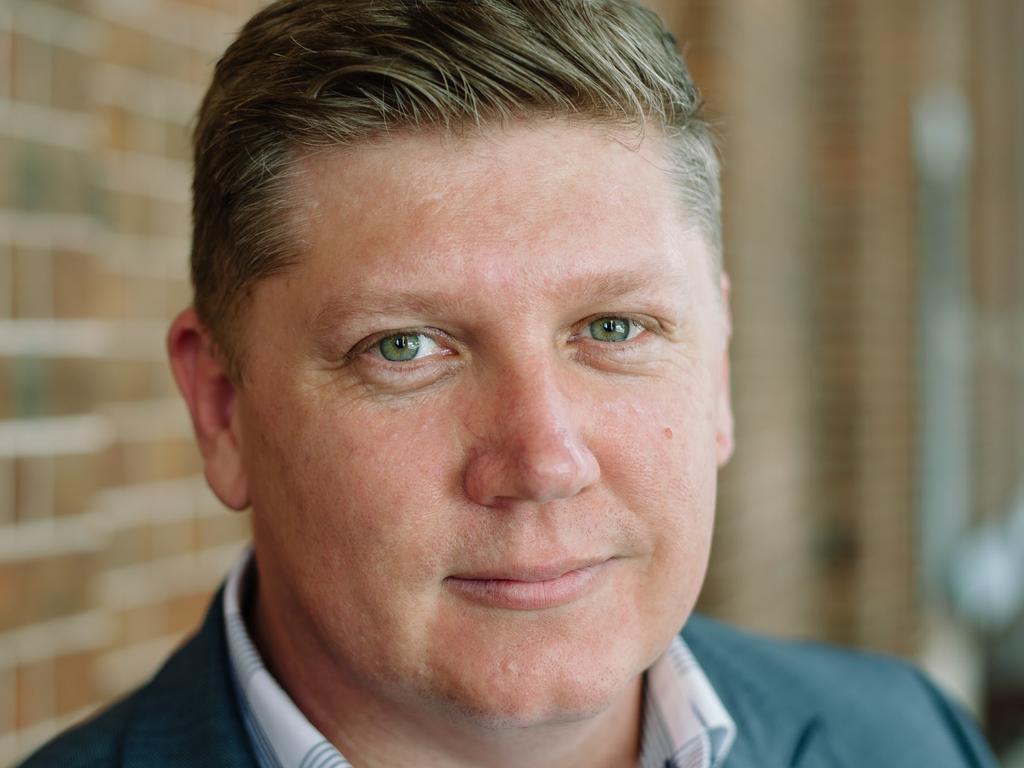‘The Great Slump’ and why Aussies have had enough of work
Following on from The Great Resignation, now Aussies are suffering from ‘The Great Slump’. These are the signs you have it.
As the first month of the year comes to a close, many of us are returning to work feeling refreshed and re-energised after quality time with friends and family.
If you scoffed reading the line above and can’t remember the last time you felt rested, motivated or hungry to take on a new professional challenge, you’re not alone.
Many people feel like they are starting the year with an empty tank and barely enough mental strength to dial into their first Zoom call of the day. This shared sense of exhaustion is being referred to as “The Great Slump” and the fatigue you are feeling is very real.
It feels worse because it is
From the start of last year, we were warned of the potential mental health “tsunami” coming for our workforces. Excessive workloads and the blurring of work/home boundaries all pointed towards employee burnout on a huge scale.
For exhausted workers in 2022, this part of the pandemic feels worse because it is. Referred to as the “fourth wave”, we are now living in the shadow of both the physical and emotional effects of Covid-19; resulting in mental trauma or illness and economic injury.

Most workers fell over the finishing line of 2021. The two-speed economy brought on by the pandemic either saw employees struggling to keep their jobs or racing to capitalise on unprecedented demand; all while home schooling the kids.
For those lucky enough to be working in a growth sector the success of the last 12 months was still more bitter than sweet. Skyrocketing profits didn’t translate to pay rises, bonuses or promotions.
With a mostly double-jabbed population and borders reopening, the summer holidays offered a much-needed tonic to shake off a year of extraordinary challenge and unrewarded effort.
The break, however, was a bust.
Vacation plans weren’t just interrupted by restrictions and rules, many workers had first-hand experiences with the virus or had to care for ill family members. If you were lucky enough to avoid getting sick, it’s probably because you bunkered down at home; abiding by your own self-enforced lockdown rules.
The promise and hope that 2022 would be a better year was abandoned almost as quickly as state governments dropped easy access to PCR tests.
Put yourself first this year, your boss and your family will thank you
For most of us, work is an essential part of living, but that doesn’t mean it should rule our lives. We do our best work when we are mentally rested, supported and have the freedom to think clearly and creatively.
A recent survey by Gartner showed that for 65 per cent of workers, the pandemic has made them rethink the place that work should have in their life, and this is a good thing.
Having a candid chat with your boss about your mental outlook, energy levels and ability to take on new or more work will be one of the most important conversations you’ll have this year.

If you’re not ready to tackle a “stretch” goal, tell your boss so. Discuss how you can break down targets into smaller, achievable milestones and stick to your guns when it comes to setting boundaries for work and home life.
Smart managers who know how hard great talent is to find in the current market should be more than willing to have this discussion.
Asking for help can be hard but getting that extra support can make a significant difference when you are feeling overwhelmed. Our research shows that 87 per cent of companies offer mental and emotional support to workers, but just 23 per cent of employees access it.
It’s time to normalise seeking help at work.
Beat The Great Slump one day at a time
Outside of work the choices you make will also have a profound impact on your mental outlook in 2022.
Last year, many of us threw ourselves into DIY projects or embarked on more ambitious home renovations to ease the boredom of lockdown. While satisfying when finished, many of these activities actually added to the disruption, stress and fatigue in our lives.
Hobbies and activities that typically soothe us have also been impacted by restrictions and supply chain disruptions.
To set yourself on a positive mental health path this year, start by being kind to yourself. Set small, achievable daily goals and seek out experiences and moments that really make you happy.
This doesn’t require a big budget or an exotic location. Just give yourself permission to spend time doing something real, preferably away from your screens, that will fill your cup.
We all have to take it one day at a time to get through The Great Slump.
Aaron McEwan is a behavioural scientist, coaching psychologist and vice president for global research and advisory firm, Gartner | @aaronmcewan





